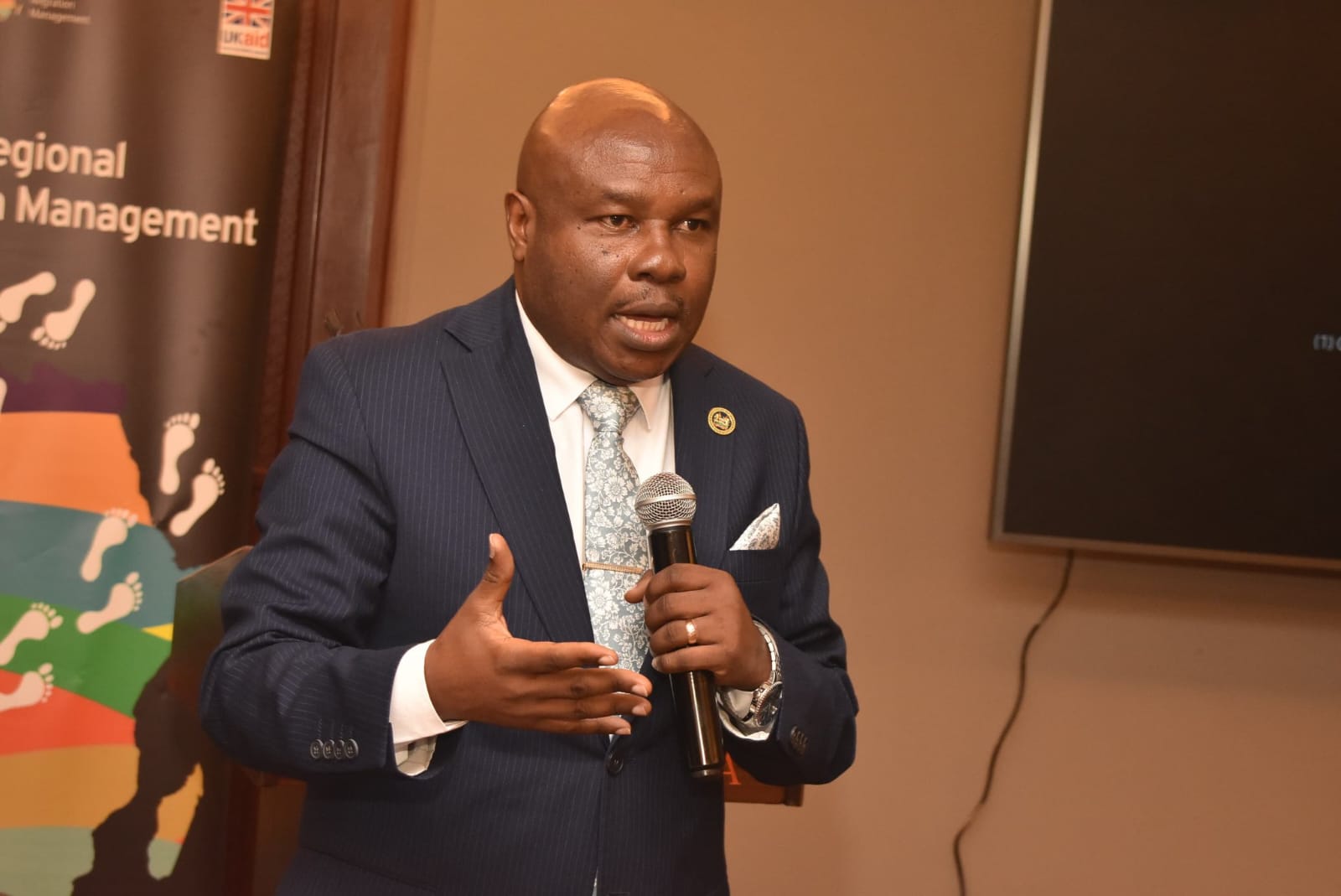
Principal
Secretary for Labour and Skills Development, Shadrack Mwadime, has said the
government is stepping up efforts to expand labour mobility for Kenyan youth,
with a focus on creating decent opportunities abroad and protecting workers’
rights.
Speaking
during a meeting with media houses in Nairobi on Tuesday, Mwadime noted that over
450,000 Kenyans have accessed international labour markets in the last three
years, with the government seeking to open up more structured and organised
pathways.
“We are not
pushing for Kenyans to access unskilled labour jobs in the international
market, but also professionals in Kenya who can go out there, get know-how and
bring it back home. Most importantly, we want them to make savings so that they
can come back and invest,” he said.
The PS emphasised that remittances from the diaspora are a key driver of the economy.
According
to the International Labour Organisation (ILO), they currently account for
about 5% of Kenya’s GDP, and the government is targeting to increase this to
10%.
He pointed
out that remittances from Kenyans abroad rival allocations to major sectors of
the national budget.
One of the
government’s strategies, Mwadime explained, is awareness creation so that
Kenyans can access jobs abroad through safe and transparent processes, avoiding
fraud and exploitation.
He said a
National Labour Mobility Policy has been formulated, and the Ministry is also
pushing for a Labour Migration Bill that
includes a welfare fund to support workers who may find themselves in distress
abroad.
“We can then
be able to bring them back home safely without any challenge, even in cases
where they have migrated with their families,” he noted.
The PS also
highlighted the government’s plan to develop a skills strategy to align training with labour market needs.
“It is
extremely immoral for a young person to go through university training for four
years pursuing a course that will not guarantee employment. Once we realise where there are gaps in terms of the demand for jobs and the supply, we are
able to inform the curriculum immediately and change it to guarantee employment,”
he said.
To safeguard
rights abroad, Mwadime said Kenya will send young lawyers to study legal
frameworks in key destination countries such as Saudi Arabia and other Gulf
states, where many Kenyans work.
“We want to make use of those same legal frameworks to guarantee our young people their rights,” he explained.
In addition,
the government plans to deploy more labour attachés to follow up on Kenyans’ welfare.
“It doesn’t have to be physical abuse alone. We also have to cater for their needs in terms of time for rest, how many hours they work in a day, how many days in a week. Some of their benefits have to be guaranteed,” the PS said.












